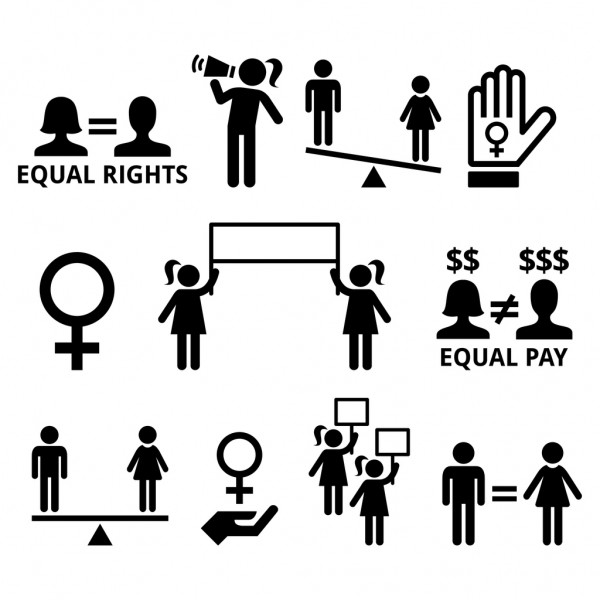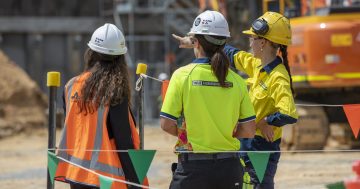
Each year on 8 March, the world celebrates International Women’s Day. This day has been designated by the United Nations as a day to reflect on the progress made for equality, a time to call for change in the areas where we have work to do and a chance to celebrate the work done by ordinary women making change in their communities, in their nations and globally to ensure that all citizens of the world reach their potential.
Some people may ask what is relevance of a day such as International Women’s Day in a community like the ACT.
While many people think this is a community where we have achieved equality, unfortunately the data tells us that while we have come some way to creating a more equal community, there is still much work to be done. Even here, women fight to get pay equity as women are paid about 11% less than men in the ACT, and occupy some of our lowest paid industries. For example, the ACTCOSS State of the Community Sector Survey 2016 found that 77% of employees in that sector are female, and one in four were casual workers. Women still end their work lives with lower levels of superannuation and stability in retirement and one in three women will suffer violence in their lifetimes. Women with a disability, from a culturally or linguistically diverse background, Aboriginal or Torres Strait Islander women and lesbian, bisexual or gender diverse women face even more discrimination and structural disadvantage.
In the face of this reality, International Women’s Day also gives us an opportunity to celebrate the amazing women that are working to make a difference in our local community. Each year, the ACT Government recognises these achievements with the International Women’s Day Awards that shine a light on women of courage, conviction and those making the journey easier for the women who follow them. A great way to get inspired is to check out the honour roll of women who have been recognised for the great work they have done in the community, Women like Sue Salthouse who has been a tireless campaigner for the right of women with disability, Hilary Charlesworth AM who was instrumental in drafting the ACT (and Australia’s) first Human Rights Act, Kim Davidson who has worked to support young people from the local Aboriginal and Torres Strait Islander Community, Sue Packer AM who has spent her professional life to create greater protection for children and Audrey Fagan, the ACT’s first female Police Commissioner.
So, International Women’s Day is an important day for me, and one on which I draw inspiration from the fantastic work that has been undertaken by women in our community. It’s one where I take stock on the work that still needs to be done, and one where I renew my commitment about what I can do to create an equal community.
And before you ask – International Men’s Day is on 19 November.
What do you think? Is International Women’s Day an important day for you?




















